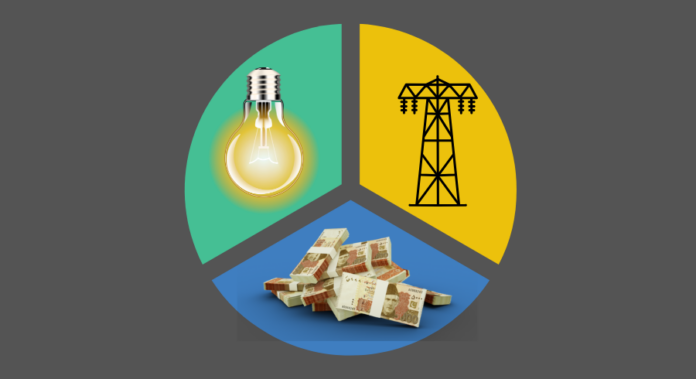The International Monetary Fund (IMF) has called on Pakistan to submit a detailed plan to address the growing circular debt in the country’s energy sector, according to a news report.
Pakistan’s total circular debt in the oil, gas, and power sectors has reached Rs4.9 trillion, with the circular debt in the power sector standing at Rs2.381 trillion and in the gas sector ballooning to Rs2.8 trillion, placing immense financial pressure on state-run oil and gas companies, including Sui gas firms.
In response, the government is actively working on a strategy to mitigate the crisis, which includes securing a loan of Rs1,275 billion from commercial banks. The remaining debt will be reduced through revised power purchase agreements (PPAs), contract terminations, and other efficiency measures, leaving Rs300 billion to be addressed through improved management.
To facilitate this, commercial banks have provided a loan of Rs617 billion to the Central Power Purchase Agency (CPPA), which will be repaid by electricity consumers over six years through a Debt Service Surcharge (DSS) of Rs3.23 per unit. This surcharge, which is already in place, will not be increased but will continue for an additional six years to cover the loan’s repayment.
The total loan in the power sector, including previous loans, now amounts to Rs1,275 billion, with no new burden on consumers beyond the existing DSS rate. The IMF’s removal of the 10% cap on the DSS surcharge will further help offload the debt.
Additionally, the government is considering imposing a petroleum levy ranging from Rs3 to Rs10 per liter, as well as a surcharge on gas bills, to raise funds for debt repayment. Through the proposed petroleum levy, the government expects to generate approximately Rs180 billion.
The repayment of these loans is expected to be spread over five years. Furthermore, the government has acknowledged the need to reduce the operational losses of gas companies to effectively tackle the circular debt issue.




